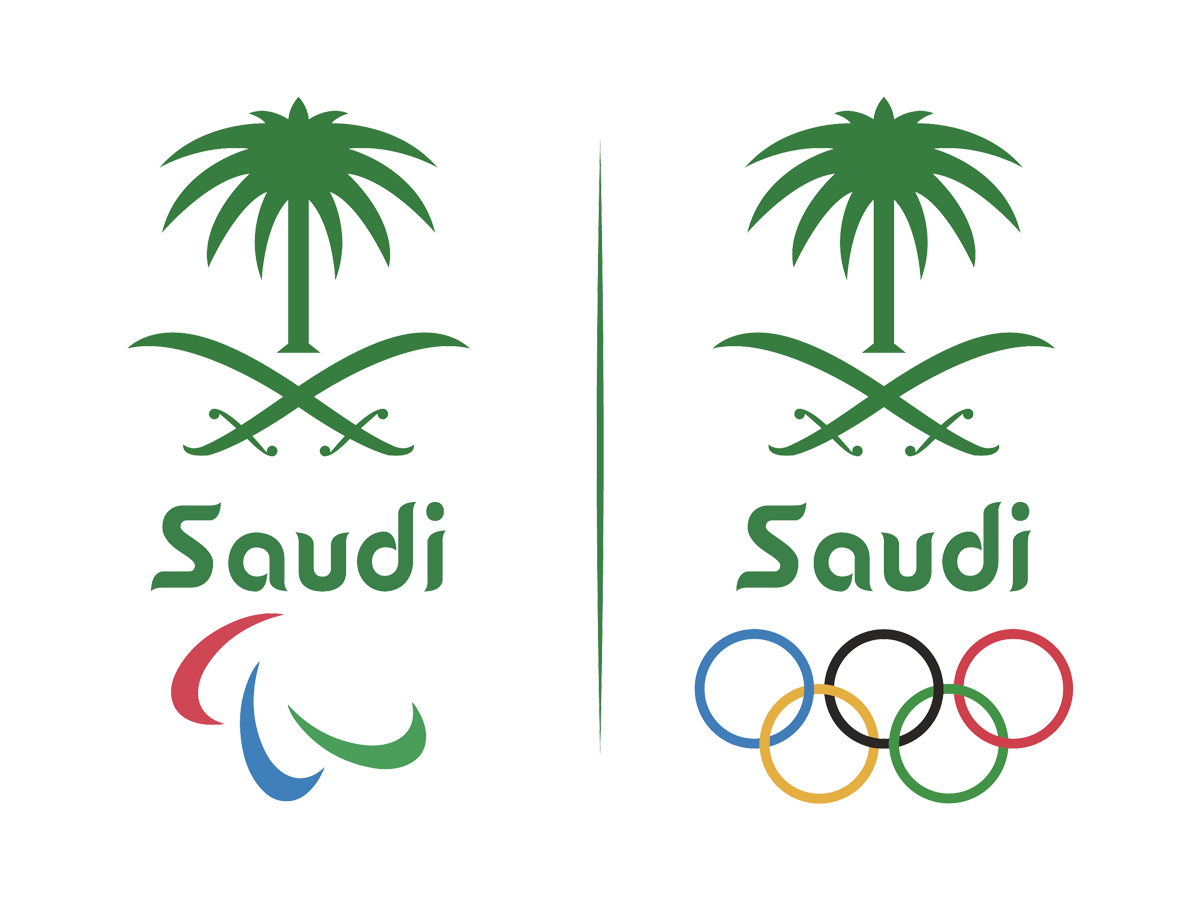Managing National Sports Federations
The Saudi Arabian Olympic Committee (SAOC) held its 2nd monthly virtual conference titled, “Managing National Sports Federations,” under the patronage of HRH Prince Abdulaziz ibn Turki Alfaisal, president of SAOC. The conference attracted the participation of guest speakers Kelly Fairweather, chief operating officer at the International Tennis Federation (ITF), and Florian Pasquet, national federations and sport senior associate at the International Basketball Federation (FIBA) and the conference has witnessed the attendance of more than 100 sports officials and specialists.
In his welcoming speech and on behalf of HRH Prince Abdulaziz, Prince Fahad bin Jalawi, SAOC director of international relations stated that Saudi Arabia now includes 64 Saudi sport federations some of which were only inaugurated one or two years ago. He explained, “The inclusion of women is also considered a recent update to our federations. However, despite its young age they are all putting their best efforts to meet the expectations and goals, and that’s why this seminar is very beneficial to all our colleagues at SAOC and the Ministry of Sports.”
“Improving the infrastructure is key in levelling up the game in any national federation,” said Pasquet in his speech which focused on empowering national federations. He pointed out six important steps to follow based on FIBA strategy to empower national federations and are; building professional leadership, boosting grassroots basketball, levelling up the game, developing next generation of talents, professionalizing national teams’ structures, and building event hosting capacity.
Adding, “basketball is a sport directly linked to innovation and we believe innovation can take it to the next level.” He also pointed out that FIBA for example is not meant to be an organization to teach all the coaches around the world. “The national organizations have this responsibility. The only sustainable way to do it is to build a capacity of referees and coaches to build the instructors capacity around the world,” he said.
Speaking about the ITF example, Fairweather explained that every federation are now reviewing their plans again after COVID-19. The importance of having a solid structure is crucial. “We want more players, or better players. You need a better approach based on your nation goals. Every successful sporting federation had a good strategy and a good implementation of that strategy,” said Fairweather.
The speakers also agreed on the importance of learning from this economical crisis caused by COVID-19. Fairweather said, “It’s a wakeup call for all of us with COVID-19, you have to spend your money very wisely. It’s a difficult time but will get better.” Pasquet added, although we are not usually in the mindset to encourage e-sport and prefer to encourage kids to stay active and try out different sports. e-sports is a new source of income and new way to engage our fans and automatically brings in new opportunities for our sports. This will let you fit in the future and plans of our steak holders.”
An important topic was raised for discussion about the successful relationships between the national federation, national Olympic committee, and the ministry of sport. Pasquet, emphasized that it’s always based on trust, so the national federation should have the trust of the other two organizations. In order to gain their trust, it has to show signs of seriousness through a strategy to gain the credibility that shows where you stand and how you find the path through strong implementation. On the other hand, Fairweather illustrated that in order to deliver a successful federation management strategy you need to focus on; leadership, governance, income generation, and the technical development in sport itself.
To conclude, Prince Fahad said, “We are happy to have Fairweather who represented an individual sport federation (Tennis) and Pasquet who showcased an example from a team sport federation (basketball) and managed to cover and answer many questions as they represented different strategies and added value to our organization through exchanging their experiences in the field.”


